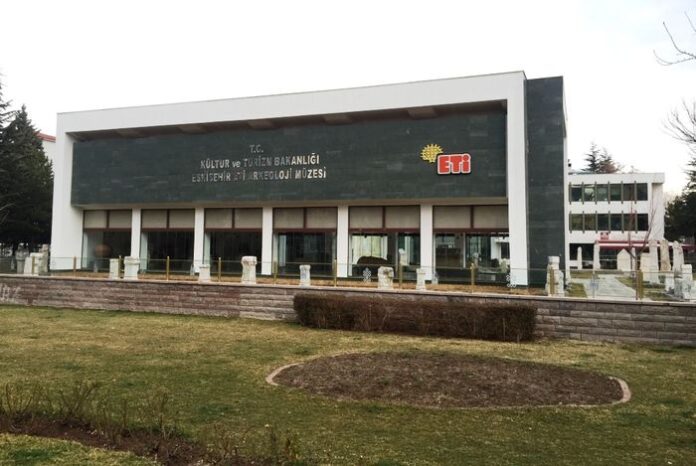The Peasant Party Banned
By the end of August 1947, the Peasant Party was declared illegal by the Communist authorities. It was accused of being a “party of conspiracy.” This event revealed the true purpose of the trial and execution of Nicholas Petkov earlier that year: the complete elimination of all legal parliamentary opposition in Bulgaria.
The Democratic Party had already been banned after the October 1946 elections, and with the Peasant Party destroyed, its deputies were arrested and either imprisoned or sent to concentration camps.
The Fate of the Social Democrats
In 1948, the Social Democratic Party also met the same fate. Its deputies were removed, arrested, and their party was outlawed. In only a few years, Bulgaria lost all functioning opposition parties.
A handful of left-wing Socialists joined the Communist Party voluntarily, while the small political group called Zveno merged itself into the pro-Communist Fatherland Front. A few former members of the Peasant Party remained in the government, but they acted as puppets of the Communists, pretending to represent an independent party while actually following Communist orders Customized Turkey Tours.
The Establishment of a Totalitarian Regime
By eliminating all opposition, the Communists created a 100 percent totalitarian regime in Bulgaria. The system was entirely supported and guided by the Soviet Union.
Elections were no longer free or competitive. Instead, just as in the Soviet Union, only one official list of candidates was presented, chosen and controlled by the Communist Party. To oppose this system was branded as a crime of sedition, making any independent political activity impossible.
The Sovietization of Bulgaria
The New Constitution
In December 1947, the Communists imposed a new constitution, which was drafted to follow Soviet principles. They soon prepared another version that would align even more closely with the Soviet model. Through this constitution, Bulgaria was fully integrated into the Soviet sphere of influence.
Soviet-Style Organization
The Bulgarian Communist Party copied the organization of the Soviet Communist Party. It was structured around a Central Committee, a Politburo, and a Secretariat, all operating under strict control from Moscow. Every aspect of Bulgarian life—political, social, cultural, and economic—was reshaped to match Soviet patterns.
Loyalty to Moscow
The Bulgarian Communist Party always followed the political line of Moscow. For example, when Soviet newspapers praised Joseph Stalin as the “genius father of nations,” Bulgarian newspapers repeated the same message. Later, when Soviet leaders denounced the “cult of personality” after Stalin’s death, the Bulgarian press immediately echoed this change and promoted it among the people The 1946 Elections and Communist Repression.
This constant imitation revealed Bulgaria’s lack of independence. The country was no longer governed by the will of its own citizens but by policies dictated by the Soviet Union.
By the late 1940s, Bulgaria was transformed into a Soviet satellite state. Opposition parties were outlawed, independent voices silenced, and elections reduced to meaningless rituals. A Soviet-style constitution and political structure were imposed, ensuring that the Communist Party alone controlled the country. Bulgaria’s government, press, and society moved in complete harmony with Moscow’s directives.
This period marked the final destruction of democracy in Bulgaria and the beginning of decades of subservience to Soviet power.








